Winterizing Commercial Vehicles: Don't Get Caught Out in the Cold!

Winterizing Commercial Vehicles: Don't Get Caught Out in the Cold!
With these cool mornings, many commercial vehicle owners and fleet managers are thinking about winterizing their trucks. And that’s wise. Winterizing your commercial vehicles is crucial for both safety and your bottom line. Think of it this way: a breakdown in summer is inconvenient, but a breakdown in winter can be dangerous and costly.
To help you prepare, we tapped Dan Bryan and Aubrey Hanson from Ricart to Business for expert advice.
Aubrey reminds us that every fleet vehicle has three basic functions that serve as a sort of go / no-go litmus for whether it can accomplish its job: Start, Go, and Stop. If it can’t perform those functions, it can’t make money. And you never want to find out the hard way if it can or can’t.
The Basics Of Winterizing Commercial Vehicles
Start: Your battery is the heart of your vehicle, especially in the cold. When was the last time you had your batteries checked? Cold temperatures can significantly reduce battery performance, so knowing they're operating at peak capacity is crucial.
Go: Engine maintenance is key to keeping your fleet moving. How often are you changing your oil? Did you know that diesel fuel attracts water? This makes it very important to change your fuel filters every other oil change and drain your water separator with every oil change. Also, don't forget to test your coolant.
Stop: Don't overlook your braking system. Have you checked the thickness of your brake pads and rotors lately?
Bonus Tip: It goes without saying that wipers are a highly important and easily replaceable part to keep your fleet safe this winter. Visibility is key.
Taking these preventative measures will safeguard your drivers and help minimize costly downtime, repairs, and potential delays in deliveries or services. Just remember, start, go, and stop!
Find YOUR NEXT WORK TRUCK
PREVIOUS ARTICLEThe Cost Benefits of Propane Autogas for Commercial Fleets
NEXT ARTICLE Navigating Your Options: Key Tips For Choosing The Right Commercial Vehicle


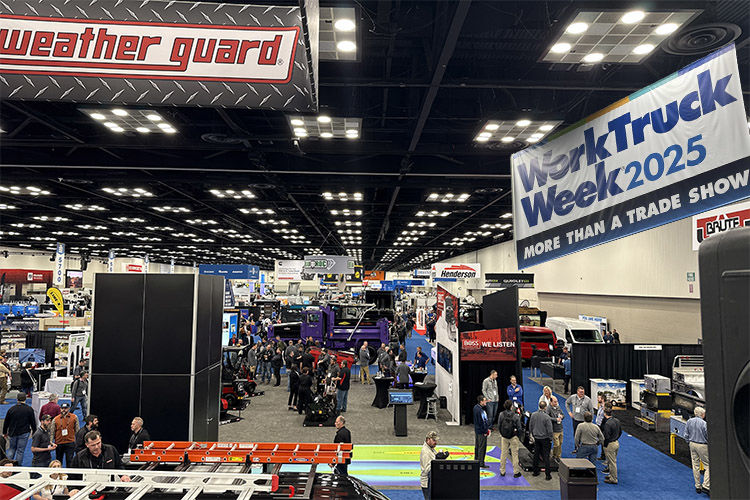 Work Truck Week 2025: Examining the Trajectory of Commercial Vehicle Innovation
Work Truck Week 2025: Examining the Trajectory of Commercial Vehicle Innovation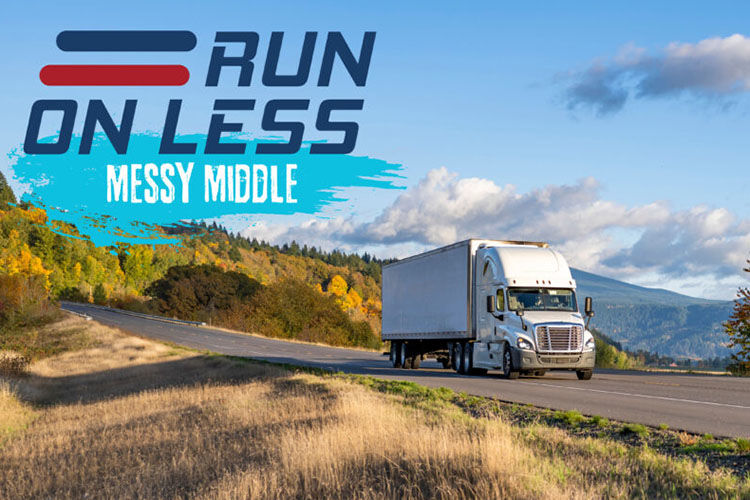 The "Messy Middle" of Zero-Emission Commercial Vehicle Adoption
The "Messy Middle" of Zero-Emission Commercial Vehicle Adoption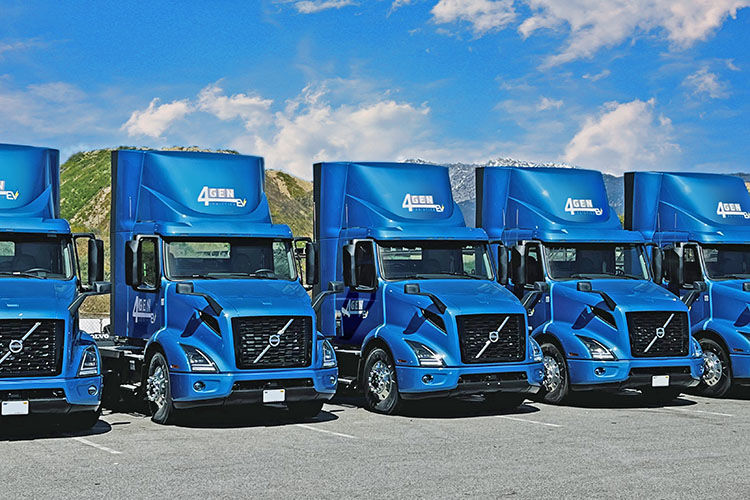 4 Gen Logistics: Leading the Charge Towards Zero-Emission Freight
4 Gen Logistics: Leading the Charge Towards Zero-Emission Freight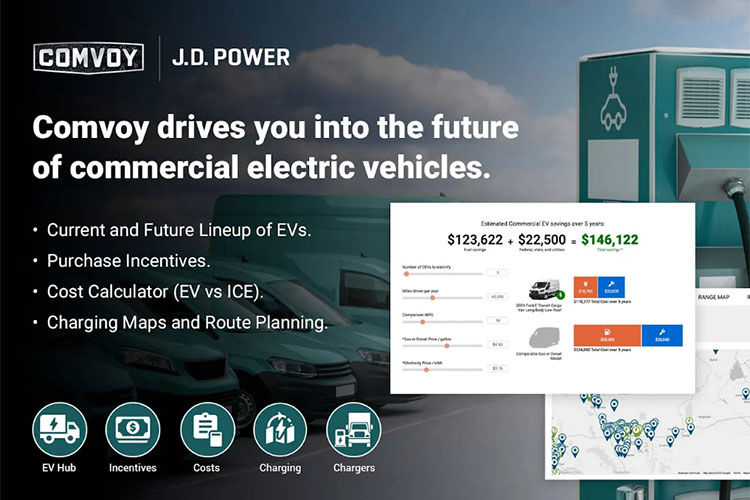 Work Truck Solutions and J.D. Power Launch Commercial EV Hub
Work Truck Solutions and J.D. Power Launch Commercial EV Hub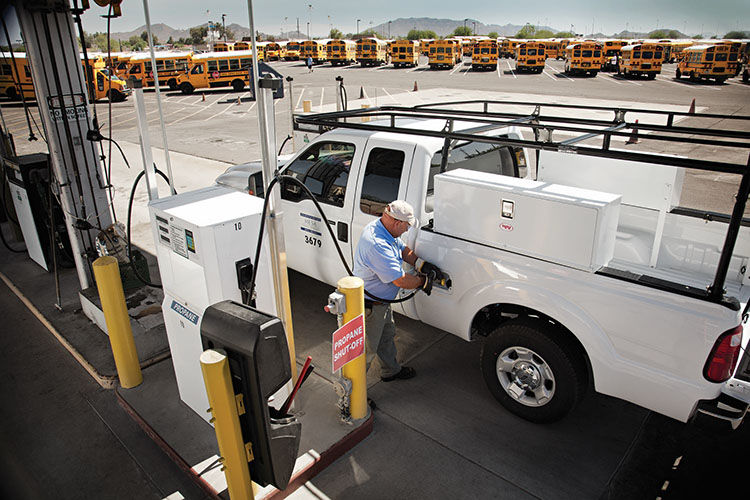 The Cost Benefits of Propane Autogas for Commercial Fleets
The Cost Benefits of Propane Autogas for Commercial Fleets





